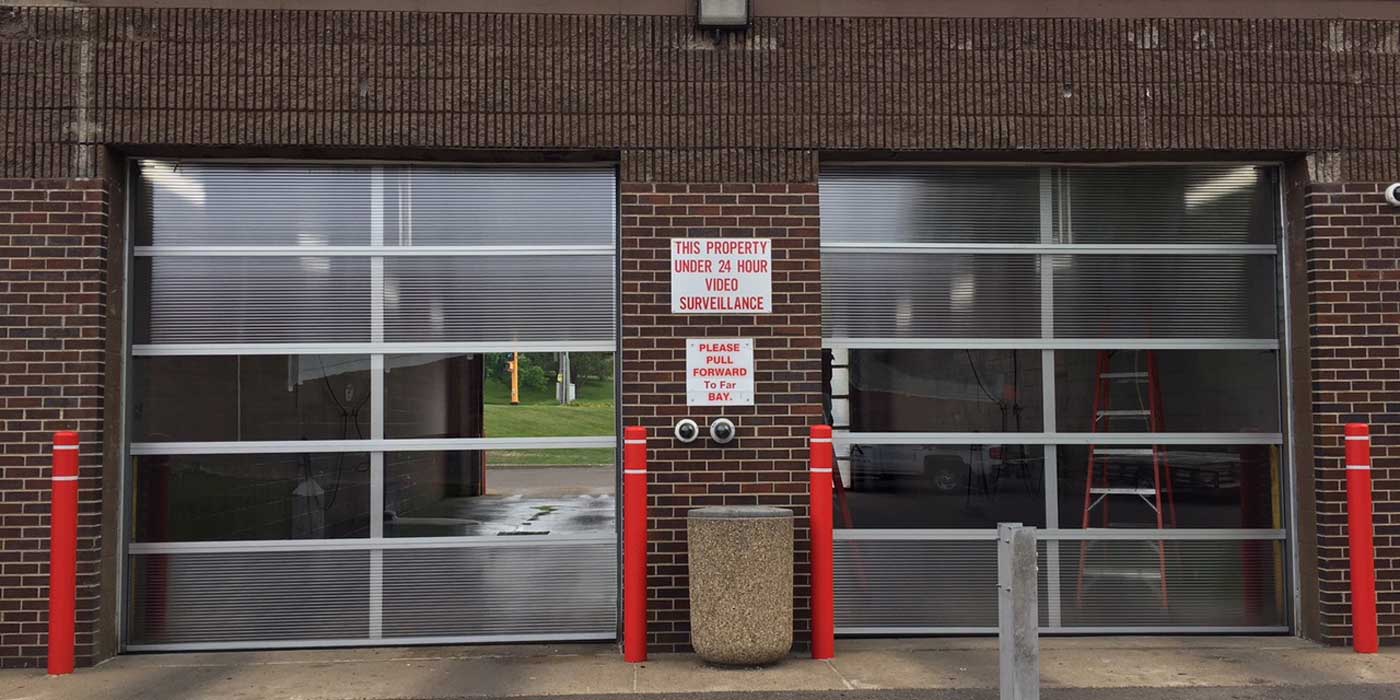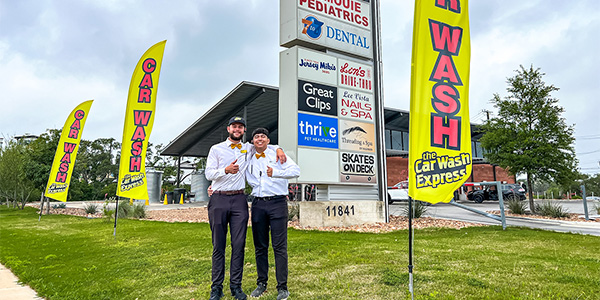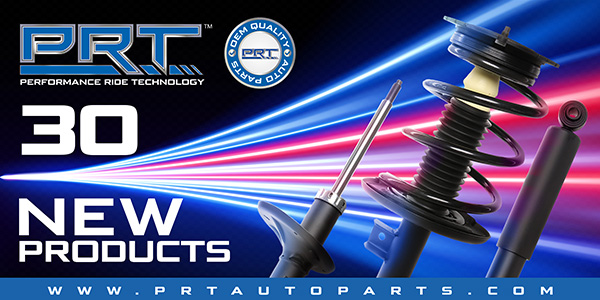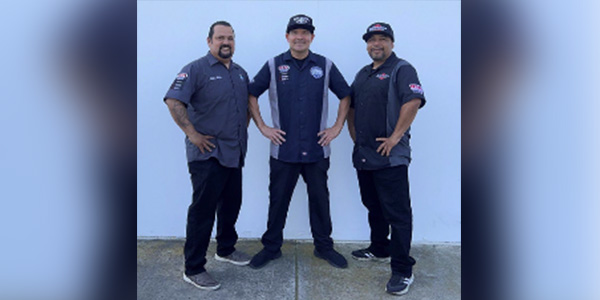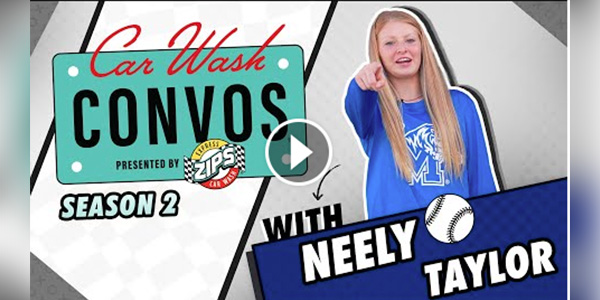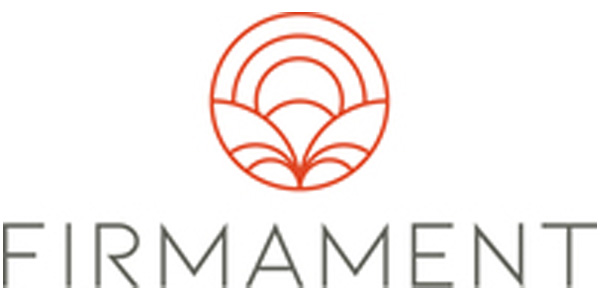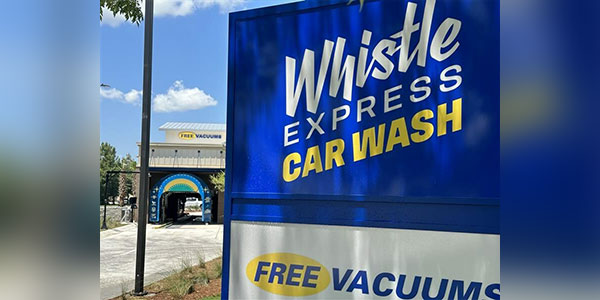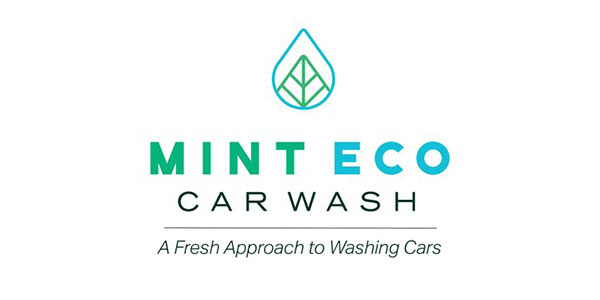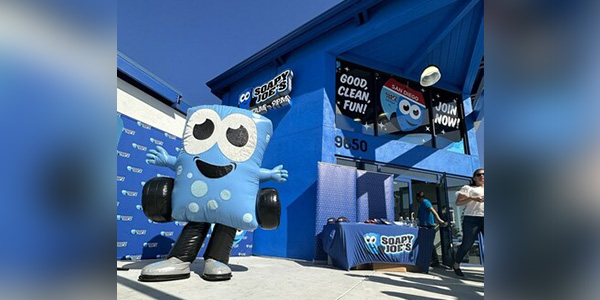Many automated conveyor and rollover carwash owners are seeing damage claims drop to zero, shinier cars and expenses on new materials drop, simply by switching to a special new category of high-quality foam, known as “gentle foam.”
Gentle foam is a unique type of foam material mounted on a core, which rotates, and is used in similar top, side or wrap-around equipment as cloth, filament or regular foam. Unlike typical foam, which is usually offered at standard levels of softness, gentle foam significantly increases the level of softness.
When Bill Seniw, owner of Beverly Hills Car Wash in Chicago, Illinois, changed his operation from a full-service to express wash, at the urging of his older brother Fred, he turned to high-quality foam.
“Fred had run an exterior wash for years and advised me to use gentle foam,” says Seniw. “I saw it for myself at his location and touched it. I figured as soft and gentle as it [was], I couldn’t go wrong with it.”
Seniw says that his foam’s softness has also reduced his exterior wash’s claims rate to zero.
“I’ve noticed that the gentle foam I purchased doesn’t catch and pull on mirrors, antennas, license plates or loose moldings like cloth sometimes can,” says Seniw. “It’s so soft and stretchable. I’ve had no damage claims since I opened my express wash almost three years ago.”
In some ways, Seniw considers this foam his secret weapon. “If a customer complains about damage during a wash, I’ll bring them inside my tunnel and let him or her see, touch and feel the gentle foam,” explains Seniw. “As soon as they feel how soft it is, they realize the damage didn’t come from the carwash.”
Along with softness, Seniw credits the gentle foam with providing a quiet wash that puts his customers’ minds at ease when they ride through his tunnel. “The gentle foam is so quiet that customers can’t even really hear it. So they know we’re being gentle on their vehicles.”
Because of gentle foam’s composition, it provides a better polish to the vehicles surface without the risk of scratching, snagging or damaging any portion of the car. Its softness enables it to clean difficult to reach areas, which also helps to optimize the wash while reducing claims.
Seniw, who had long used cloth, chose to implement half cloth and half gentle foam on his exterior wash equipment, alternating every one.
“I’ve got gentle foam on my lower details, my wrap arounds and top tall side brushes,” says Seniw. “It cleans better than cloth because it’s much softer and tends to buff and shine the vehicle. [It] can get into hard to reach spots like small crevices, around door handles and window edging.”
“When engineered properly and used with enough soap and water, fans of gentle foam feel that it has the softest touch, that it cleans and polishes for a better shine, and that it outlasts other materials,” explains Dan Pecora, owner of Erie Brush & Manufacturing, a manufacturer of carwash products and detailing supplies.
Longevity and ease of installation
As Seniw’s Beverly Hills Car Wash nears its third year of operation as an express wash, he notes that his foam can last several years and holds up well without fading or staining.
“My gentle foam lasted over two and a half years and could have performed longer, but I replaced it early, changing its color from green to yellow, to brighten my tunnel,” says Seniw. “Because it’s closed cell foam and doesn’t absorb the dirt and oil from vehicles, it’s stain-and fade-free.”
To increase gentle foam’s longevity and resist tearing, the material also varies in density and comes in thicknesses from about 1/8-3/4 inches. Such characteristics address the drawbacks of regular foam, which often lacks sufficient gentleness and strength.
Installation was also streamlined by the design of the foam material. “While some carwash equipment manufacturers ship you hundreds of foam pieces you need to attach to the core, we were able to install the foam we purchased in seconds since it comes assembled in one big piece,” says Seniw. “The design not only saves time, but also ensures that it’s assembled to tolerance and will perform correctly.”
“The highest-quality foam offers a range of softness, density and thickness to optimize its use in conveyor or rollover washes,” explains Pecora. “For instance, softer, thinner foam spun at lower RPMs is better for the sides. For rocker panels, the foam can be stiffer and thicker to prevent going inside pickup truck wheel wells, which can beat up thinner foams.”
According to Pecora, a slightly thicker foam also can work well in horizontal shaft top brushes and is able to get into the nooks and crannies at the bottom and top of the windshield, where trim goes around.
In the automated carwash industry, owners now have another choice of material to use that will offer a gentler, trouble-free wash, greater customer satisfaction and a better shot at beating the competition.
Del Williams is a technical writer based in Torrance, California. For more information, Call Erie at 800-711-3743 (U.S.) or 773-477-9620 (international); for fax, dial 800-798-3743 (U.S.) OR 773-477-6030 (international); and you can send an email to [email protected], visit www.eriebrush.com or write to Erie at 860 West Fletcher St., Chicago, Illinois 60657.
Opinions and information presented in this article may or may not be supported by the publisher of Carwash.com.



